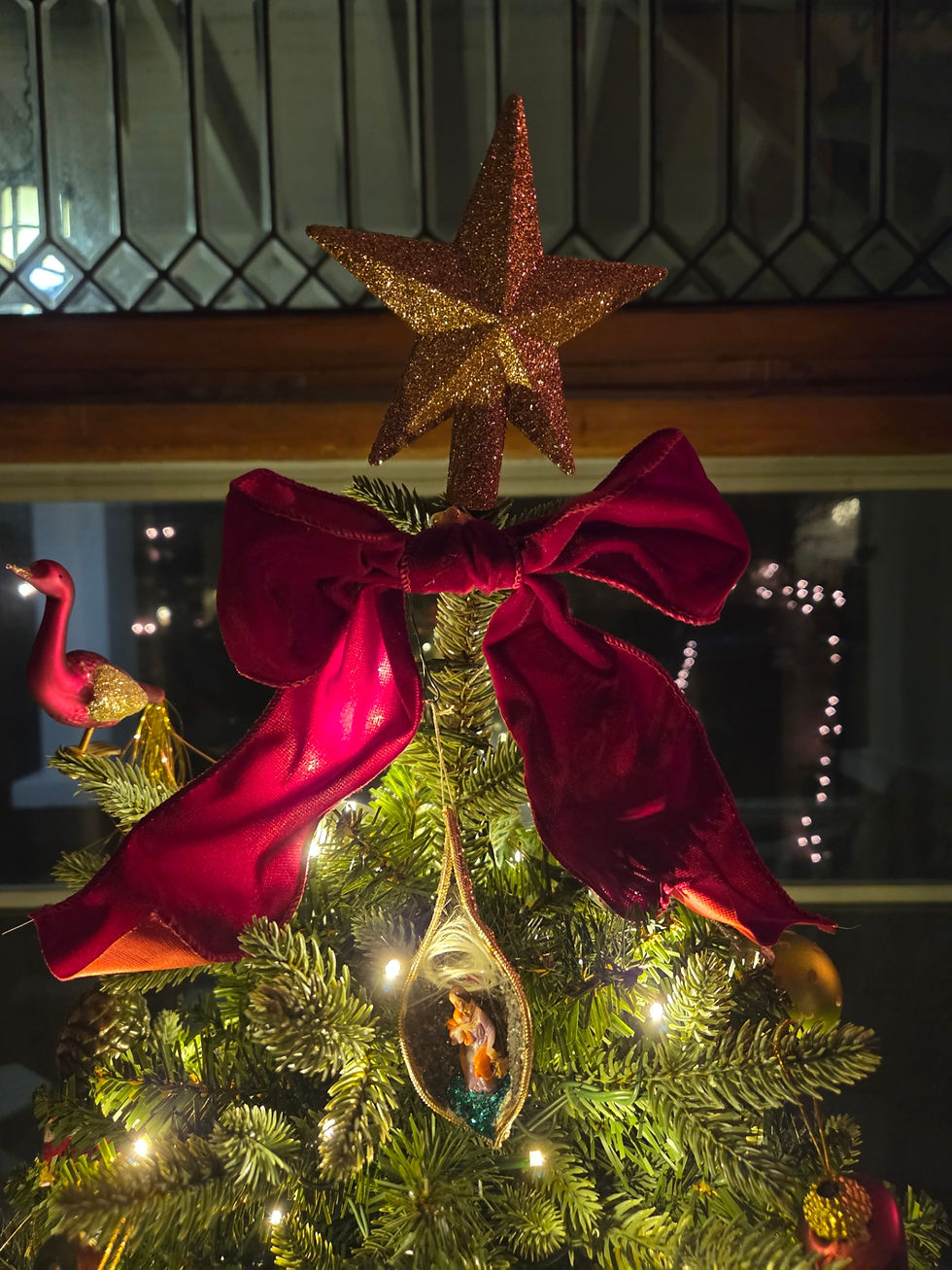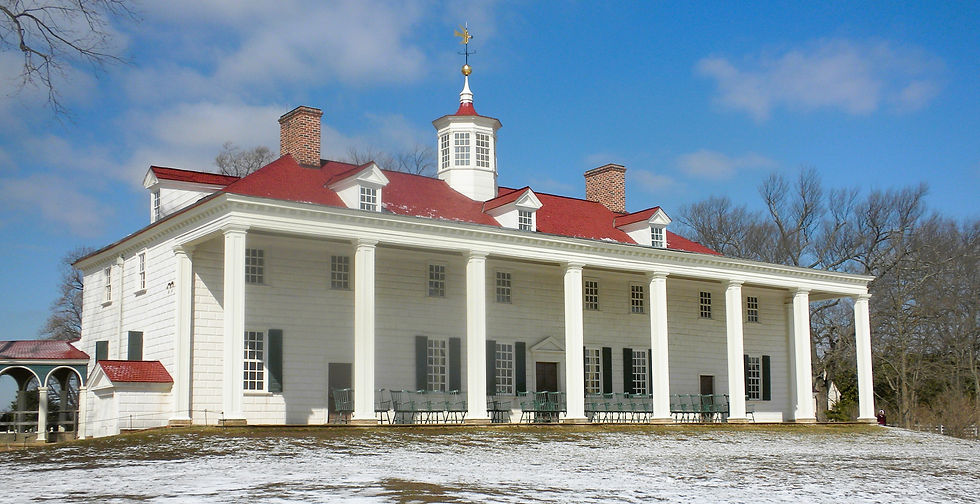Gratitude Friday 4/2/21 - On the Road of Hope, Purpose & Connection
- Bill Stauffer

- Apr 2, 2021
- 4 min read

“We cannot live only for ourselves. A thousand fibers connect us with our fellow men; and among those fibers, as sympathetic threads, our actions run as causes, and they come back to us as effects.” ― Herman Melville
Earlier this week, I drove down to the McShin Foundation to see recovery in progress in Richmond Virginia. The short version of what I found is that recovery is the main course on the menu at this recovery community organization. It is a program run by people with heart for the work of recovery. This was my first time on the road in a number of months, and the farthest I have been from home since the Pandemic hit. I got a recharge by spending time seeing recovery in one of the most vibrant recovery communities in America. I stopped on the journey at Prince William Park and took the photo above at Quantico Creek and took in an early Spring Day. Even bumper to bumper 95 traffic down the east coast and on the return trip felt good to me. I know, very weird.
While it was my first time down to McShin, I immediately felt like I was at home. I was with people who are spending their life effort helping others find recovery. They have created a safe space and a thriving community of recovery. A place where people find their purpose in life and pay it forward. As I drove back home, I was thinking about how recovery creates a common bond. I have a bond with people all over the world through the experience of recovery and that for many of us, that connection to another person with a similar experience is our lifeline. There are common themes in our stories and life experiences and that our recovery bond overrides any other facet of our lives.
One of the lessons I have learned in life is that happiness cannot be purchased, if this was the case we would have some of the happiest people in the world here in America comparatively speaking. Far be it the case in reality. Happiness often has more to do with what we do for each other rather than how much we own or our social status. When large groups of people develop insight into this fundamental truth at the same time, there is bound to be a process of positive change that will occur. This is what happens in the recovery community, where forces come together were people lift each other up collectively. It is what I hope will happen within our larger community post covid pandemic.
As a student of history, I often look back to see if there our eras in history that have some parallel with our current time. I have heard historians argue about the period 100 years ago and that the WWI era (which coincided with the great influenza pandemic of 1918) was the span of time that has had the most influence on our current society as we went through radical reformation. These changes included a focus on consumer and workplace safety, women’s suffrage and expanding public education. An interesting article from the BBC about those facets can be found here.
I suspect that people who lived at that time and survived the great war and the pandemic did not know how significant the world was changing in such fundamental ways. They probably felt grateful to be alive, experienced some grieving as a result of those lost and through the experience of social institutions failing common people. Perhaps they felt disoriented. Among other facets, things like The Jungle published by Upton Sinclair in 1906 and the Triangle Shirtwaist Factory fire of 1911 both raised awareness of what was not working in that period. There was a groundswell of desire for change. I see the parallels with our current examinations of social justice, inequality and division.
The hope I experienced at McShin and what I am seeing unfold in our society as we move out of the initial impact of the pandemic got me seeing these parallels. We all are coming out of the most significant collective trauma experienced by humanity in a hundred years. It is a time of reflection and a time to reconnect and examine what to do next. Hope is critical. I see society in an experience similar to the recovery experience and the dynamics of post traumatic growth. This is our time to shine and make a difference. We are up to it if we decide to be up to it. Like recovery, it takes work.
The pandemic was a rude and tragic awakening that all of us have a finite and fragile existence here on this blue marble. Does the reminder lead to some form of collective reordering of what is important? What really matters to you? If you are like me, you may come out of this with a sense that there is more to this journey than who has the nicest house or the finest car. Connection matters. Living with purpose matters. Doing things that bring people together matters.
One of the lessons I see we may be able to consider as we move forward is how we are all able to effect change in our own communities, and that when we do so, we improve our own lives as well. Like many people I have met around the country, what that means to me is supporting as many people as possible into the process of recovery. The good news is that such energy is not limited to the recovery community. That is the societal reformation I want to be a part of, and I am grateful for the opportunity to use my time and energy in that way. My hope is a lot of people feel the same way.
What are you grateful for today?




Comments